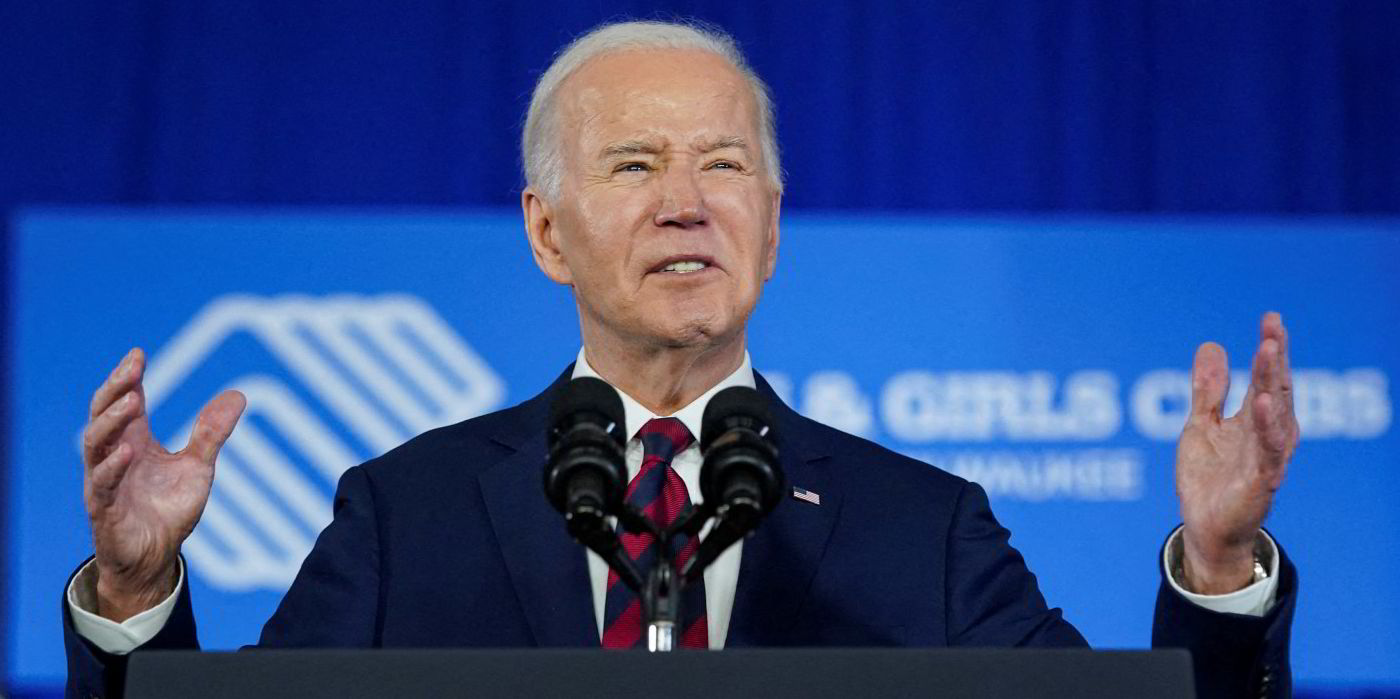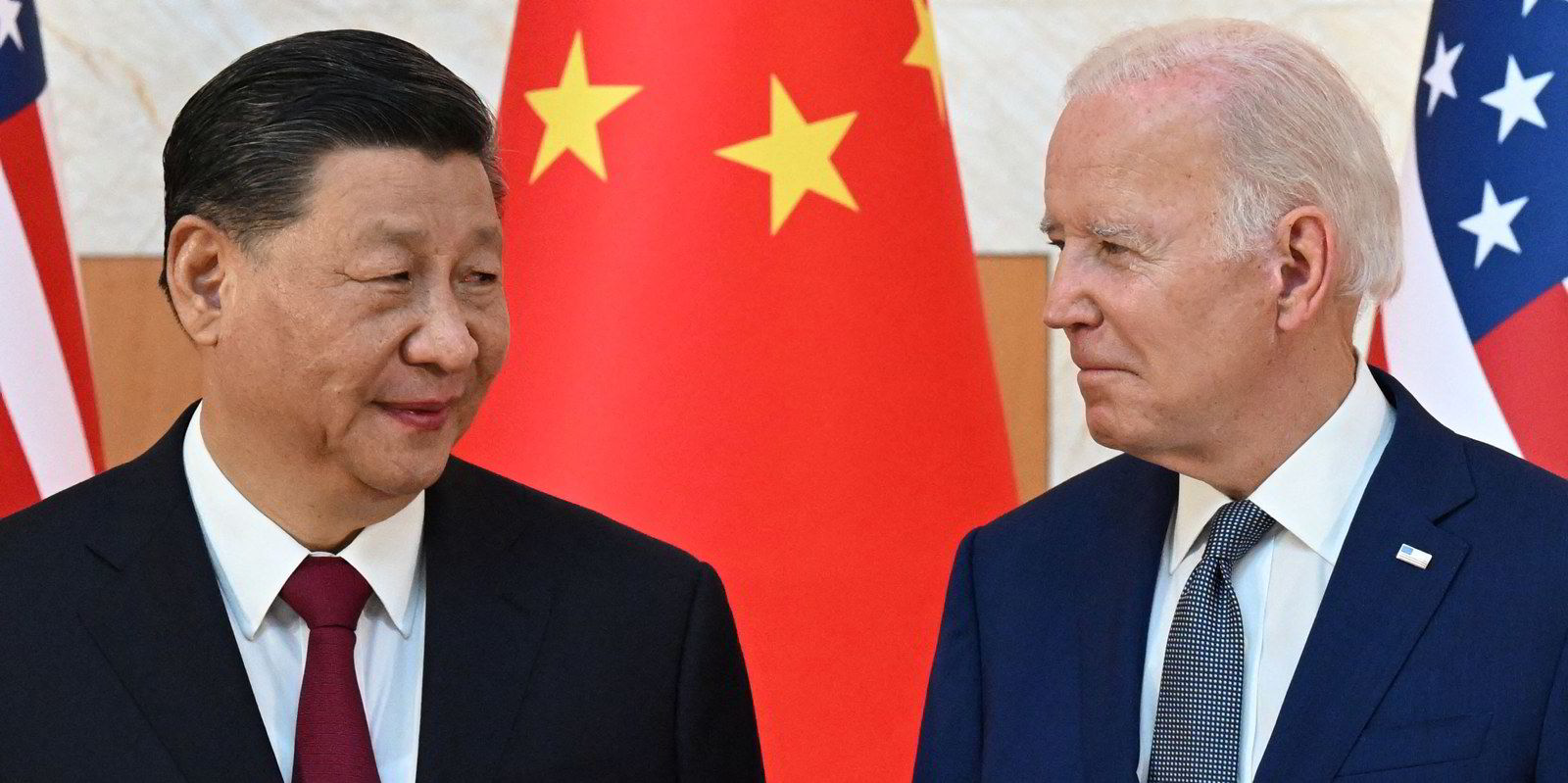South Korean shipbuilders are unlikely to benefit from a US investigation into China’s alleged unfair trade practices, say analysts at Nomura.
The Japanese investment bank made the comments after shares in South Korean shipbuilders surged by an average of nearly 10% late last week.
“We believe the rally was largely driven by the Biden administration’s decision to initiate an investigation into China’s unfair trade practices in the shipbuilding, maritime and logistics sectors,” said Nomura analysts Eon Hwang and Chulwoo Park.
Shares in Hanwha Ocean, the former Daewoo Shipbuilding & Marine Engineering, surged almost 15% last Thursday, while shares of Samsung Heavy Industries and Hyundai Mipo Dockyard were up almost 10%. HD Hyundai Heavy Industries was up 8.1%, while HD Korea Shipbuilding Offshore & Engineering rose by 6.3%.
The shares were reportedly reacting to confirmation that US Trade Representative (USTR) Katherine Tai was launching an investigation into China’s shipbuilding sector.
Nomura said there was a similar rally in shares in South Korean shipbuilders on 12 March 2024 when five US labour unions submitted a petition to Tai requesting an investigation into China’s “unfair and discriminatory practices”.
“We believe it will take 12 to 18 months for the USTR, China government and the World Trade Organisation … to assess and negotiate the issue and take corrective actions,” said Hwang and Park.
“In our judgement, it will be challenging to directly regulate the China shipbuilding industry, similar to the China solar and steel industries.
“In our view, retaliatory actions by the US could include the US imposing anti-dumping duties on other industries rather than direct taxation of the shipping and shipbuilding industry, and subsidising its own shipbuilding industry.”
Nomura said that unlike the solar and steel industries, the US owns less than 4% of the global fleet, with most of the ships owned through tax-haven-based special purpose companies.
“Therefore, it would be difficult to directly regulate and impose taxes on US shipping companies that purchase Chinese ships,” the analysts said.
“If the US imposes a fee on Chinese-built ships that [call at] ports in the US, European shipping companies that largely own Chinese-built vessels will be impacted.
“If regulations are imposed on new shipbuilding, European shipping companies, among others, would be affected and may oppose it.
“They may need to purchase ships from South Korea, which would be expensive, as South Korea has not [built] bulk carrier orders in the past 10 years.”
In addition, Nomura said that as the US is a major exporter of crude oil, petroleum products and grains, an increase in shipbuilding and shipping costs could hurt the competitiveness of its exports.
“In our view, the USTR’s investigation is unlikely to alter the competition landscape for the South Korean shipbuilding sector. We, thus, maintain our bearish view on the South Korean shipbuilding sector, following the decrease in new orders,” said Hwang and Park.





